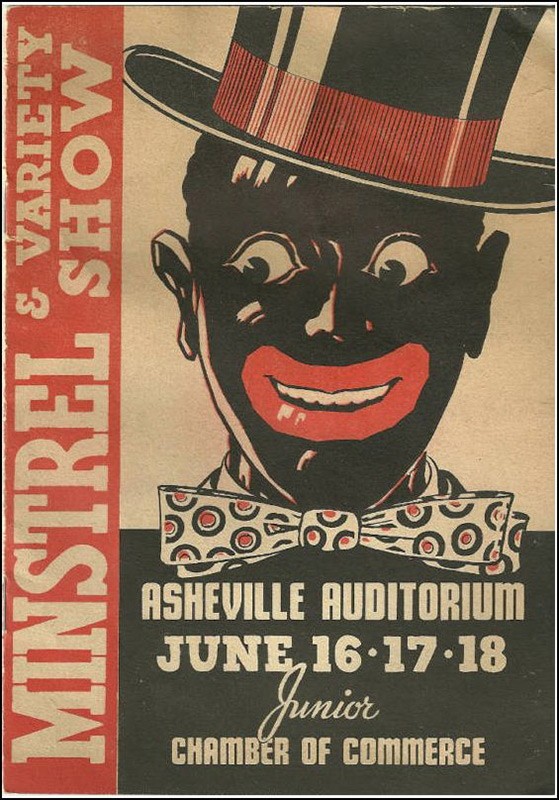Halloween brings out the blackface
White privilege, ignorance and the internet

Every year in the weeks around Halloween, the media circulates the same horror stories: razorblades in apples, junk food causes obesity, and of course, white people in blackface or redface. Each year, a few white people think it’s hilarious to darken their face and pretend to be another ethnicity. Sometimes they choose to be a specific famous person of colour, or an exaggerated racial stereotype based not on an individual. A common costume in the redface mode is the “Pocahottie,” a sexualized take on the Aboriginal princess trope, though inarticulate headdresses and feathers are also prevalent.
This year, a promotional photo from Stereo Nightclub surfaced on Facebook, showing a young white man with blackface wearing a Chicago Bulls sweater. Presumably his costume was of Michael Jordan. It’s not entirely clear, which exacerbates the blackface aspect, pushes it to the front of attention, makes it impossible to dismiss. Without a layer of context, this young man’s blackface is straight up racist, regardless of his intentions. He may have meant the costume to signify, in the most celebratory manner, Michael Jordan, but this does not come across in a promotional photo posted by Stereo Nightclub on social media. Without meaning to, or just completely ignorant of it, the young man’s blackface contributes to a long history of exaggerated racial characteristics donned by white people, all of which help dehumanized people of colour for hundreds of years.
Blackface, as we understand it today, derives from minstrel shows. These song and dance routines contributed to the proliferation of racialized stereotypes such as the mammy and the black dandy. In addition to reductive stereotypes, blackface is a history of appropriation and subsequent exploitation of African American culture.
While Halloween might be a carnivalesque time of playful identity switch, an ethnicity is not a costume. An ethnicity is not something that can be removed at the end of the Halloween party. A profession (sexy nurse, sexy fireman) is not analogous to a racial identity. Blackface, redface, and other similarly offensive variants reduce a complex individual’s identity to a set of racial signifiers, wherein the colour of their skin becomes the most important and visible attribute.
This young man at Stereo Nightclub could have procured a Bulls jersey, with Jordan’s number, carried props, and the costume would have been effective at conveying the idea. There was no need to go in blackface. Absolutely none. Similarly, actress Julianne Hough need not darken her skin to convey the character of Crazy Eyes from Orange is the New Black.
After years of the media circulating this story, one would think white people would learn, but alas, “Pocahotties,” headdresses, basketball players, and even a blackface Trayvon Martin, emerge. Fellow white people, we need to collectively learn that this behaviour is not okay. We need to call each other out because we often have the privilege of being able to call out. Simply put, all of us white people need to be cognizant of how we contribute to histories of exploitation, appropriation and racism.
Matthew Montgomery is a graduate student in the Cultural Studies program at University of Winnipeg and thinks far too much about Batman to be of any use in the real world.
Published in Volume 68, Number 10 of The Uniter (November 6, 2013)






